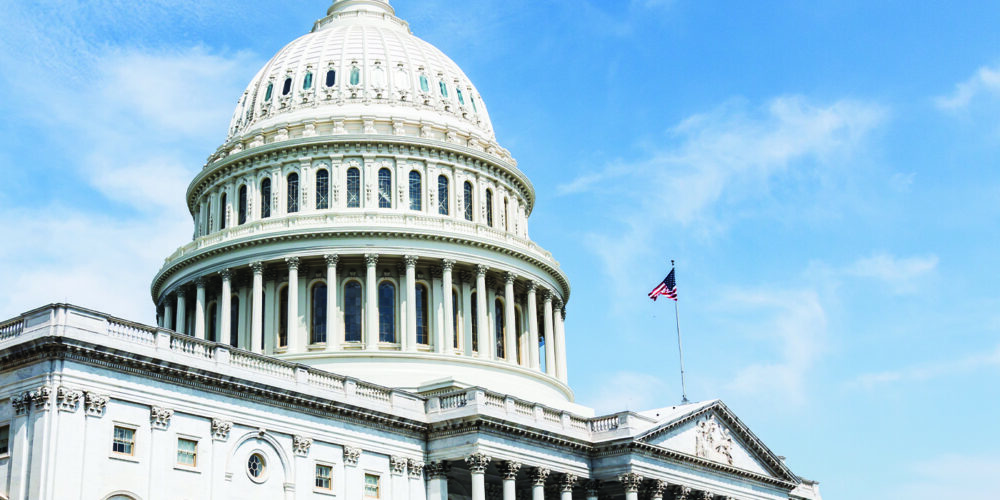From Auto Care Association Capital Report
On Aug. 8, the U.S. Court of Appeals for the District of Columbia Circuit issued a ruling overturning regulations issued by the U.S. Environmental Protection Agency (EPA) that required companies using R-134a, a common refrigerant and propellant, in their products to move to substances with a lower global warming potential (GWP). The ruling in the case Mexichem Flour Inc. vs. EPA stated that the EPA lacks authority under the Section 612 Significant New Alternatives Policy (SNAP) to require companies to move away from a substance already approved under the SNAP program as an ozone-depleting product.
The ruling overturned EPA’s regulation promulgated in July 2015, which made R-134a an unacceptable substitute for ozone-depleting substances in aerosol products beginning in July 2016 and in motor vehicle air conditioners by model year 2021. Since some of the regulatory deadlines have already passed, it is unclear how this court action will affect many product groups. Furthermore, many vehicle manufacturers have already moved to using R-1234yf as a substitute refrigerant.
This court ruling does not affect regulations released in 2016 that prohibit the sale of R-134a to non-certified individuals. This rule provided an exemption for under two-pound containers of R-134a that are equipped with self-sealing valves. Those rules take effect on Jan. 1, 2018, but retailers are able to sell through non-complying product currently on the shelf that was produced prior to the effective date.
EPA has not announced whether they will appeal the court ruling or take another route to eliminating use of R-134a in certain products.











